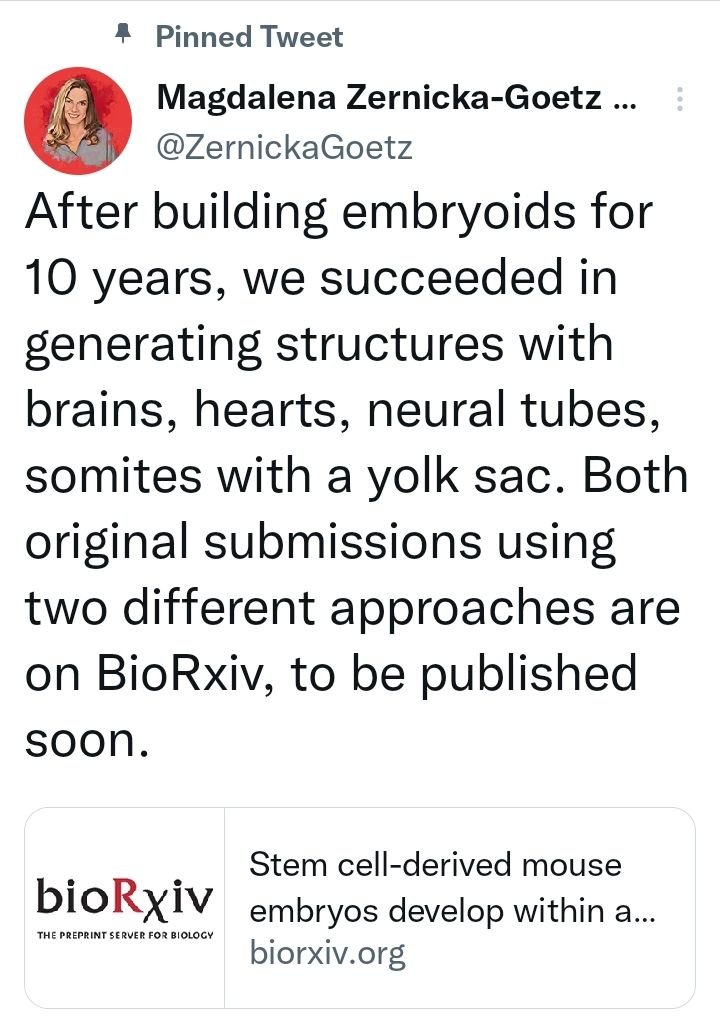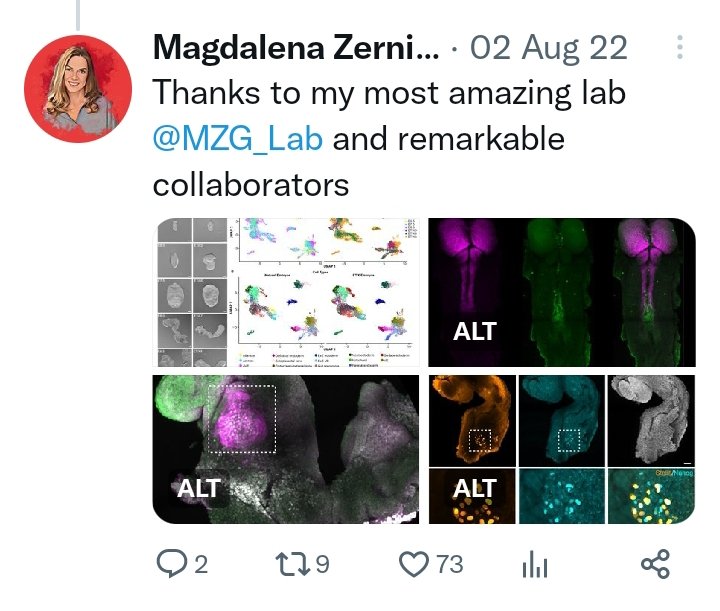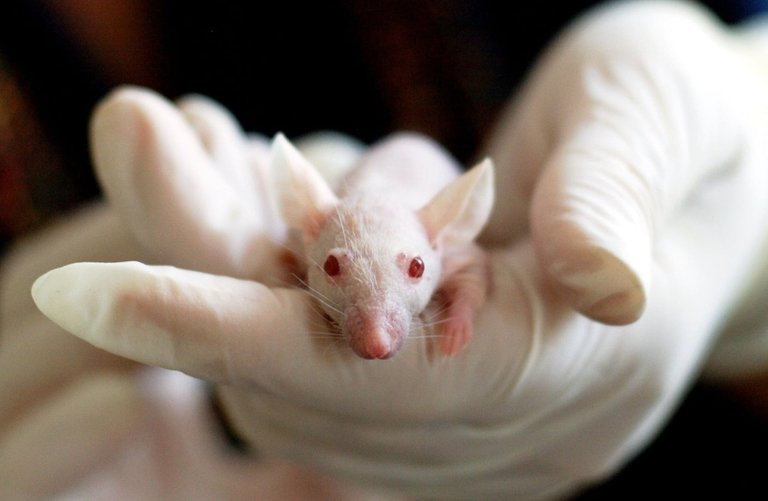Creating Life Without Sperm or Egg Cells.
The Science Itch!
Sometimes I wonder what the world would be like with no scientists. Less people who are curious to solve problems? Not an exciting world.
Biology classes in highschool were fun, especially when we had to deal with the topic "reproduction". The basic knowledge we all have about reproduction is that: an egg cell and a sperm cell have to meet before an embryo develops. Without the presence of a healthy sperm there can't be reproduction and vice versa. This is still very true to an extent but there has been a new development.
After 10 years of persistent research, scientists at the Weizmann institute created mice with no egg, sperm or fertilisation. Prior to this day, mice were created through the regular process where an egg and a sperm meet but along the line, the scientists decided to try out something different.
The group of scientists grew a synthetic embryo from mice stem cells after discovering that it was possible to get mice stem cells to self-assemble into various structures. These structures resemble early embryos that have a beating heart, an intestinal tract, a developing brain and a foundation for all other organs of the body. Quite terrific!.

This particular experiment is a game changer as it has more advantages than disadvantages.
Below is a tweet by Zernicka-Goetz;one of the scientists that partook in the experiment.

She went ahead to share clips of the embryo.

Inasmuch as ethical concerns may arise in response to this invention, I can't help but see the many advantages that surround it.
Take for instance, this would help lessen the use of animals during experiments, thereby contributing positively to the ecosystem. The lab rats could be made in the lab and the natural rats would be set free. The rat and mice colony would be happy for such an invention
Scientists now seek to apply this knowledge to humans. With the number of people who need organ transplant on the rise, this would be an amazing addition to the medical field. Less people have to die due to incompatibility of organs or lack of organ donors.
Disclaimer: scientists are very far from creating a synthetic human embryo but they are working on it.

This reminds me of a post I made early April on human cloning. It may take decades if not centuries to successfully clone an entire human but if the organs of humans can be cloned then that would be better.
When scientific exploration meets medical experiments, problems are solved. ~anonymous
What do you think of this invention? Are scientists moving too fast or do you see a bright future with this progression?
With love, wongi ✨

Ethical considerations would almost certainly never allow this in humans in most modern countries. However, I'm sure someone will do it.
I'm wondering how the processes of cellular differentiation and behavioral analyses of these mice would differ from their more naturally created counterparts. Obviously these stem cells have to be derived from somewhere. You'd think it would be quite easy to create similar conditions with both a control and experimental group.
Ethical concerns would rise but the fact that this could be used to save lives in the long run sadly can't be overlooked.
I doubt the difference would be very vast as these synthetic mice are also used to carry out experiments and if there are nothing like their natural counterpart, then they wouldn't produce accurate results.
You're right when you say this. There has been news of the invention of Synthetic stems cells too.
It's always a nice movement in the science world, because things will become easier, especially with less cutoff of life of animals... just like you mentioned.
But my own is that, they should be applying wisdom so that God won't get angry one day. Lol😄
That's the only thing😅 with the way they are going,God can get angry.
But on second thought, staunch scientists don't actually believe in God ,I think
Yeah, very true.
The biology teacher that taught us Evolution, hung his Christian coat at one side when teaching us that particular topic
Hehe 😂 he had a Christian coat😅. Well, to an extent, science theories don't relate with christian theories.
Yeah, very true
Thanks for your contribution to the STEMsocial community. Feel free to join us on discord to get to know the rest of us!
Please consider delegating to the @stemsocial account (85% of the curation rewards are returned).
You may also include @stemsocial as a beneficiary of the rewards of this post to get a stronger support.
The way the scientific world is really evolving is outrageous. The fact Humans are coming up with facts to prove that things can be created without sperm is surprisingly. Recently I was reading news of where Elon musk was trying to create robotics humans
By robotic humans you mean robots that look and function exactly like robots?
Organ transplant was the first thing that came to mind. The second, oddly, was lab-made meat for eating! No more would animals have to suffer for us to fill out belly.
Remember that there are synthetic, I have no idea how safe the would be for eating.😄